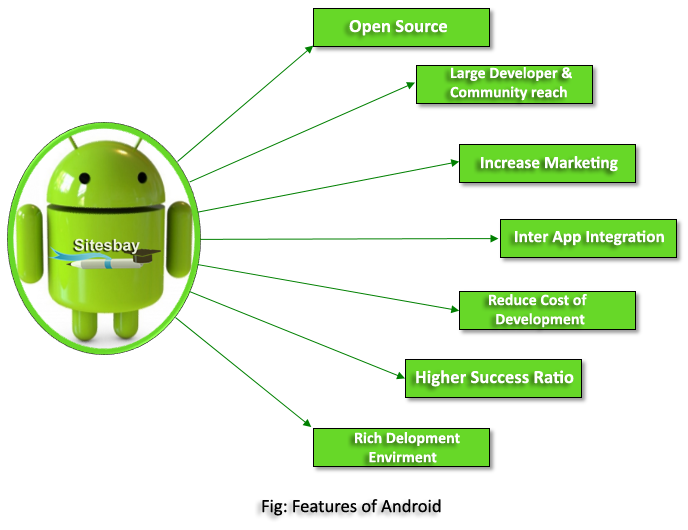As one of the most prevalent operating systems in the world, Android has become synonymous with smartphones, tablets, and an array of smart devices. However, beyond its ubiquity, understanding the essence of what Android entails delving deeper into its architecture, history, and impact on the tech landscape. In this article, we embark on a journey beyond the basics, exploring the fundamental aspects that define what Android and its significance in the digital age.

Evolution of Android
To grasp the essence of what Android is today, it's essential to trace its evolutionary path from its inception to the present day. Originally developed by Android Inc., a startup founded by Andy Rubin, Rich Miner, Nick Sears, and Chris White in 2003, Android was envisioned as an operating system for digital cameras. However, with the rise of smartphones, particularly after Google's acquisition of Android Inc. in 2005, the platform shifted its focus to mobile devices. The launch of the first commercially available Android smartphone, the HTC Dream (also known as the T-Mobile G1), in 2008 marked the beginning of Android's ascent to prominence. Since then, Android has undergone numerous iterations and updates, introducing new features, capabilities, and design philosophies with each release.
The Android Ecosystem
At its core, what Android is revolves around its ecosystem—a vast and interconnected network of devices, developers, and users. Unlike proprietary operating systems like iOS, Android is open-source, allowing manufacturers to customize and modify the software to suit their hardware specifications. This openness has led to a diverse array of Android devices, ranging from budget-friendly smartphones to high-end flagship models, catering to a broad spectrum of users worldwide. Moreover, the Google Play Store serves as the central hub for accessing apps, games, and digital content, offering millions of options to users and providing developers with a lucrative platform to distribute their creations.
Key Features and Capabilities
What sets Android apart from other operating systems are its key features and capabilities designed to enhance user experience and empower developers. From its intuitive user interface and customizable home screen to its robust multitasking capabilities and extensive app ecosystem, Android offers a rich and versatile platform for both consumers and creators alike. Features like Google Assistant, Google Maps, and Google Photos leverage machine learning and artificial intelligence to provide personalized experiences and anticipate user needs, further enriching the Android experience. Additionally, Android's open-source nature fosters innovation and collaboration within the developer community, driving continuous improvement and evolution of the platform.
Security and Privacy Considerations
As the prevalence of Android devices continues to grow, so too does the importance of security and privacy considerations. While Android's open nature fosters innovation, it also presents challenges in terms of security vulnerabilities and fragmentation across different device manufacturers and versions. However, Google has implemented various measures to address these concerns, including regular security updates, Google Play Protect—a built-in malware protection system, and Project Treble—a modular approach to Android development aimed at streamlining the update process. Moreover, Android offers robust privacy controls, allowing users to manage app permissions, control data sharing, and enable encryption to safeguard their personal information.
The Future of Android
Looking ahead, the essence of what Android is poised to evolve further as emerging technologies and trends shape the digital landscape. With the advent of 5G connectivity, the Internet of Things (IoT), and augmented reality (AR) and virtual reality (VR) experiences, Android is positioned to play a central role in powering the next generation of connected devices and immersive technologies. Moreover, Google's ongoing investments in artificial intelligence, machine learning, and cloud computing are likely to redefine the capabilities and possibilities of the Android platform, paving the way for new innovations and opportunities.
Conclusion
In conclusion, what Android is extends beyond its status as a ubiquitous operating system for smartphones and tablets—it embodies a dynamic ecosystem of innovation, collaboration, and empowerment. From its humble beginnings as a mobile platform to its current status as a cornerstone of the digital age, Android has transformed the way we interact with technology and each other. By understanding the evolution, ecosystem, features, security considerations, and future prospects of Android, we gain a deeper appreciation for its essence and significance in shaping the future of computing. As we continue to embrace the possibilities of Android, we embark on a journey of exploration and discovery, unlocking new horizons and opportunities in the ever-expanding world of technology.
